THE PROCEDURE
Before
Upon deciding laser skin tightening is the right course of treatment for you, Carrie, our RN on staff, will perform the procedure right here in our office.
She first applies an anesthetic cream to the treatment area, which will minimize discomfort.
During
During the skin tightening treatment, the handheld laser will distribute heat below the skin causing collagen contraction. As such, some may feel a warming or snapping sensation periodically as energy is absorbed.
Each session takes 30 minutes to 1 hour.
After
One of the appealing aspects of laser skin tightening is that there is virtually no downtime. Some patients may notice minor redness after treatment and a sensation of tightness. However, most immediately resume normal activities after laser skin tightening.
AREAS TREATED
Face • Neck • Chest • Stomach • Back of Arms • Hands • Thighs
Frequently Asked Questions
+ How does laser skin tightening work?
During the skin tightening treatment, the handheld laser will distribute heat below the skin causing collagen contraction.
Through continuous cooling, the laser also preserves the outer layer of skin. This process stimulates long-term collagen rebuilding, leaving you with younger-looking skin.
The procedure tones, lifts, and tightens skin on the face, fine lip lines, and crows feet. Additionally, it can treat lax, loose or sagging skin throughout the body, including the neck, abdomen, thighs, and arms.
+ What are the Advantages Of Laser Skin Rejuvenation?
Depending on the area that needs to be treated, laser skin rejuvenation has a number of advantages over other resurfacing procedures such as chemical peels and microdermabrasion. Additionally, many patients choose laser skin tightening because it is not invasive. In contrast to surgical procedures, such as a neck lift or facelift, laser treatments do not require a recovery time. This is because energy permeates the surface of the skin without affecting the epidermis. All remodeling takes place in the dermis, where collagen is produced. Our team will determine which type of laser and rejuvenation option will work best for your ideal results.
+ Laser Skin Tightening Vs Laser Skin Resurfacing
Laser skin resurfacing is categorized as an ablative treatment. This means that some or all of the uppermost layers of the epidermis are removed through the controlled use of light and heat. Heat is then transferred through the epidermis to the dermis, where the foundation of tight, smooth skin is formed with collagen and elastin.
When the epidermis is ablated, tissue flakes and peels, sometimes for weeks, until a newly-formed layer of skin is revealed.
Laser skin tightening is a non-ablative treatment. The uppermost layers of tissue are not affected by the wavelengths of light emitted by the laser device. Light passes through the superficial tissue to land in the dermis, where collagen production is stimulated.
The results of laser skin tightening may be less dramatic than laser skin resurfacing, but so is the downtime and risk associated with treatment.
+ How many treatments will I need?
At Skin Medical Spa, our patients often need more than one laser treatment to achieve their ideal results. In most cases, patients have up to 6 treatments that are scheduled one month apart. The best results are seen after the 6 treatments are completed, however, some patients may see results sooner.
+ Is it painful?
Laser energy affects the skin through a thermal reaction. When laser light penetrates the uppermost layers of tissue, it heats collagen strands below the surface. The use of topical numbing medication before laser treatments significantly improves comfort throughout the process.
However, some patients may feel a warming or snapping sensation periodically as energy is absorbed. This will go away once the procedure is over.
+ What are the side effects?
Patients typically only experience mild side effects after skin tightening treatment. The pain can be managed by over the counter medication and is temporary. These side effects can include:
- Bruising
- Changes in skin color
- Redness
- Skin Sensitivity
- Swelling





